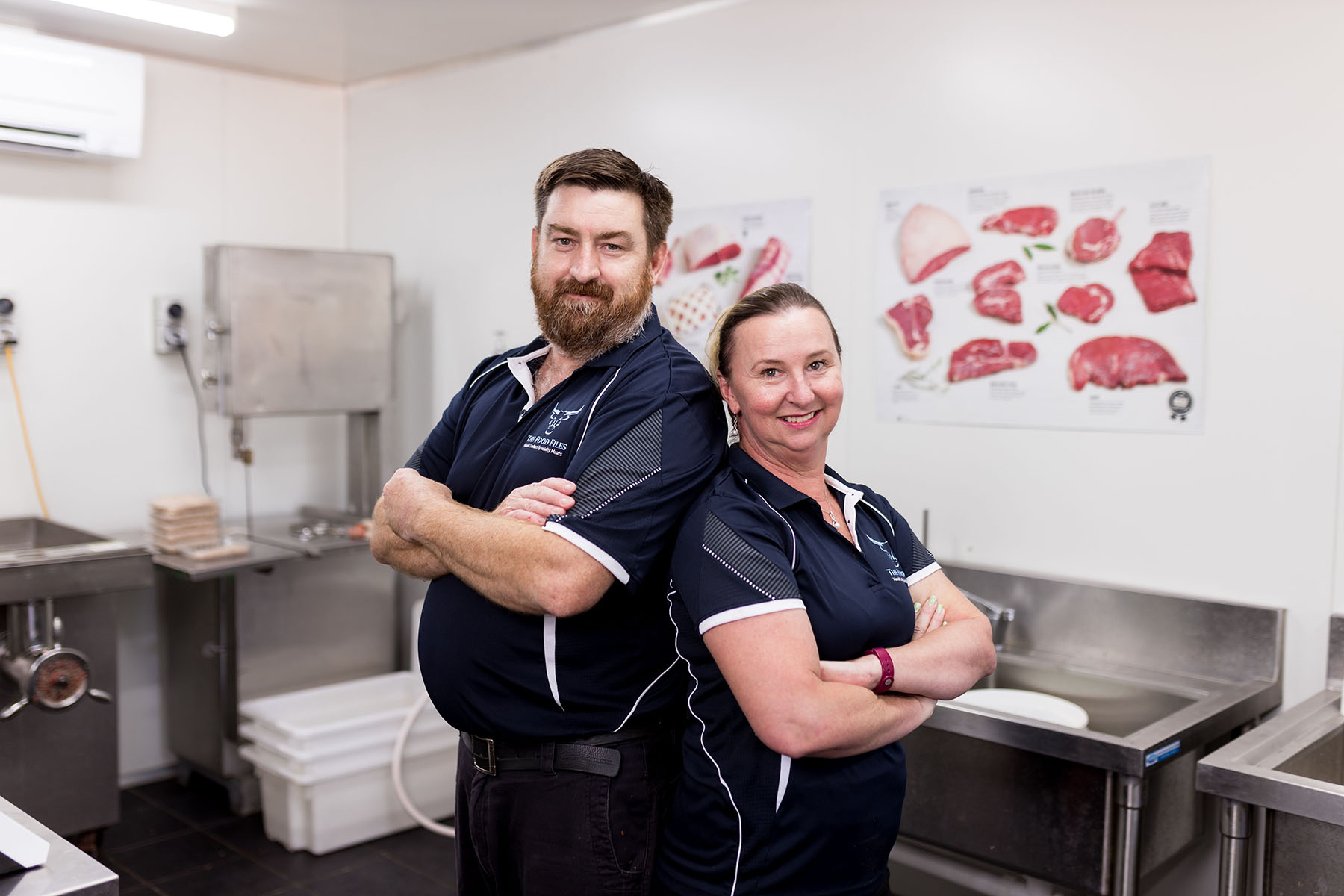Signing a lease is a big step for any current or aspiring business owner.
If you’re running a food based business, there are two specific features that you need to ensure the premises has in place, especially if you will be preparing food on site and/or disposing of waste into a communal sewer system.
- An appropriate waste water disposal system
- A grease trap/grease arrestor
Why is this important?
Food based businesses such as delis, cafés, restaurants and bakeries produce waste water that contains grease or fat. This is considered ‘trade waste’ and you’ll need a trade waste permit from the Water Corporation to allow you to dispose of it through the waste water/sewerage system in your business premises.
Having a grease trap or arrestor on the premises is a requirement for a trade waste permit. It’s also important to note that if you cause a waste/sewerage system blockage, you may be required to pay the substantial cost of removing the blockage and the associated clean-up.
If you’re setting up a new food based business
If you are entering into a new retail shop lease, you should be advised of the presence of a grease trap in the disclosure statement. This a document that the landlord is required to provide you with before entering into the lease.
Disclosure item 1.4 in the disclosure statement relates to existing structures, fixtures and plant and equipment in the premises. If the premises doesn’t have a grease trap installed, it might not be right place for you. Or, discuss with the landlord the option to install a grease trap, who will bear the costs and what will happen to it when the lease ends.
If you’re buying an existing food based business
If you’re buying an established food based business and a lease is being assigned to you (ie. where you are taking over the lease from another person), it’s important to do your own due diligence, even if the party currently operating the business appears to be trading with no issue and with the correct trade waste permit.
If you take over a business that has been doing the wrong thing, when you apply for your own trade waste permit you may find you need to install a grease trap to meet the permit’s obligations. This could be a significant expense that you haven’t budgeted for.
If you are being assigned a lease the landlord is not obliged to provide you with a disclosure statement. Instead, you should ask the business vendor/person assigning you the lease for a copy of the disclosure statement they received when they originally entered into the lease. You can also:
- Ask the business vendor/person assigning you the lease to show you their trade waste permit.
- Contact the Water Corporation for information about the premise’s current arrangements. It’s your responsibility (not the landlord’s) to obtain a trade waste permit. The landlord may be unaware of whether the premises is fitted with a grease trap or if it is adequate for your business.
- If you think you need a new or better waste disposal system or grease trap, negotiate this with the landlord before agreeing to the assignment or purchasing the business.
Tip: Landlords generally limit their liability by stating that they take no responsibility to ensure the premises you are leasing are fit for your purpose. The ‘permitted use’ section in your lease does not be indicate that the landlord believes the premises is suitable for your purpose, only that they consent to you using the premises for your purpose. You should do your own due diligence with the local authorities and utility providers; only you will know what your business specifically requires.
Other important leasing information
Signing a lease is a significant financial commitment, one that can make or break your business financially.
Due diligence is your important first step before signing a lease or an offer of a lease. We have a range of useful documents to help you conduct your due diligence, including:
- Understanding commercial leases
- Finding the right premises to lease
- Five things you should know before signing a lease
- Key tips for negotiating a lease
As part of our free business advisory service, you can also speak to our specialist commercial tenancy advisers to get a better understanding of commercial leases and to answer any questions you have before signing a lease.
Tip: Leases are complex documents. Before signing on the dotted line, we recommend speaking to a lawyer as they will be able to advise you about the terms to negotiate and ensure your business interests are protected. If you don’t have a business lawyer, read our guide on how to choose a lawyer.




